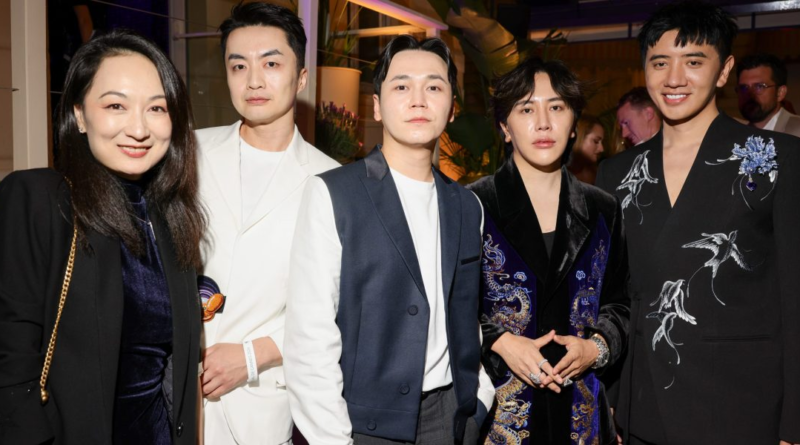An influencer known as ‘China’s Kim Kardashian’ is kicked off social media after Beijing imposes rules against showing off a 'lavish lifestyle'
Beijing’s internet regulators have a new rule: Don’t flaunt your wealth on Chinese social media.
The Cyberspace Administration of China, which regulates China’s internet, has previously cracked down on the country’s social media influencers and celebrities for untrue content and tax evasion.
Regulators are now targeting a new crop of internet celebrities: those that show off too much. Last week, the profiles of several influencers who post about their lifestyles of luxury were wiped off social media. Among the targeted content creators are Wang Hongquanxing, nicknamed “China’s Kim Kardashian” for his opulent posts, and Baoyu Jiajie, called “Sister Abalone” after the expensive mollusc.
The clean-up follows pledges from many Chinese social media platforms to crack down on “wealth show offs,” according to the state-run Global Times. The outlet reports that Douyin, ByteDance’s version of TikTok for the Chinese market, removed 4,701 pieces of inappropriate content and closed 11 accounts between May 1 and May 7. Xiaohongshu, an Instagram-like social media platform, closed down 383 accounts in two weeks.
Wang Hongquanxing—whose real name is Wang Hongquan—had 4.4 million followers on Douyin. The influencer owns seven luxury properties in Beijing, reports China Daily, another state-run outlet. In a TV interview, Wang said he never wore jewelry and clothes worth less than 10 million yuan ($1.4 million).
Wang’s account is no longer viewable on Weibo, according to a message on the social media platform accessed on Monday.
China launched a campaign to “clean up” the internet in 2016 and censors conduct regular campaigns to clean up social media, targeting influencers and accounts that Beijing feels do not support positive social values. Regulators have previously dictated that influencers could not denigrate the Chinese Communist Party nor traditional Chinese culture, promote wasteful eating, or spread rumors about Chinese business.
In April, the Cyberspace Administration of China said it would target influencers that are “deliberately showcasing a lavish lifestyle built on wealth,” according to the Financial Times. Social media platforms like Douyin, Tencent, and Xiaohongshu followed up this month with promises to crack down on ostentatious displays of wealth.
China’s economy is slowing down from the heady growth rates it enjoyed before the COVID pandemic. A slumping real estate market is constraining a consumer recovery. Retail sales in April rose by a lower-than-expected 2.3% year-on-year, slower than the 3.1% increase reported the previous month.




